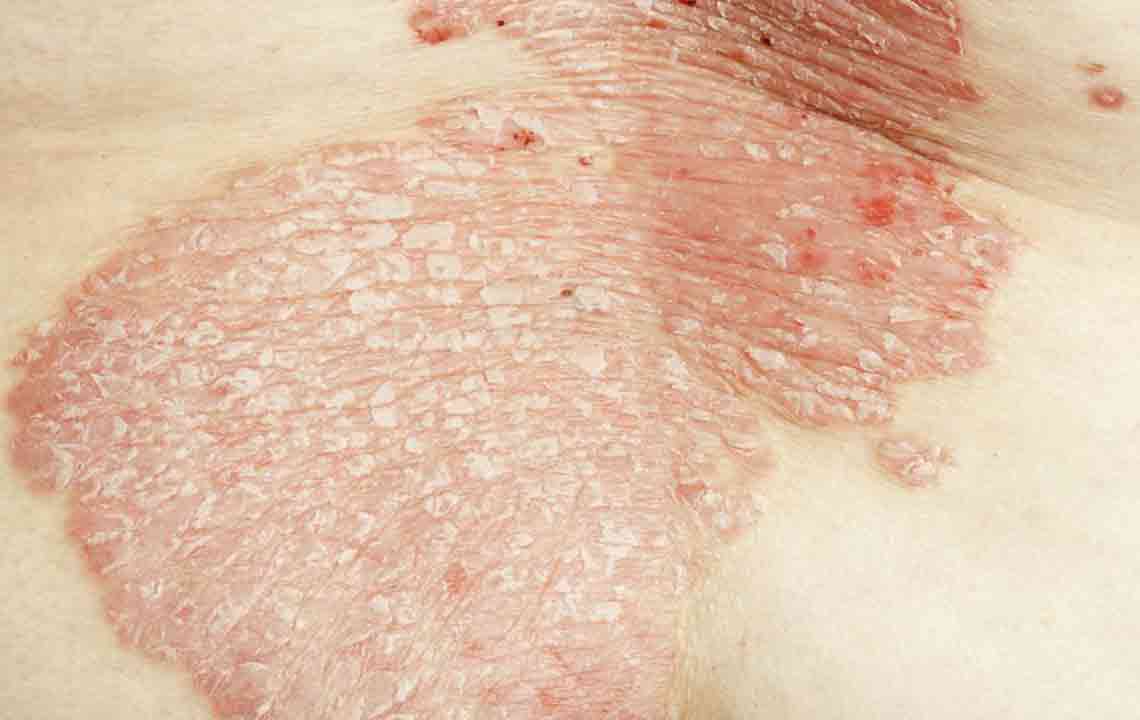Comprehensive Guide to Choosing the Best Eczema Relief Creams for Sensitive Skin
This comprehensive guide explores effective strategies for choosing eczema relief creams tailored to sensitive skin. Understand eczema causes, symptoms, and top treatment ingredients like ceramides and colloidal oatmeal. Learn about trusted products and the importance of medical consultation to achieve optimal skin comfort and health. Ideal for those seeking lasting eczema relief through informed skincare choices.

Comprehensive Guide to Choosing the Best Eczema Relief Creams for Sensitive Skin
Eczema, medically referred to as dermatitis, is a prevalent chronic skin condition that affects millions worldwide. Characterized by inflammation of the skin, eczema often manifests through symptoms such as intense itching, redness, dryness, scaling, and cracked skin. This complex condition can impact any area of the body, but common sites include the hands, elbows, knees, and face. Particularly common among children and infants, eczema can significantly impair quality of life due to persistent discomfort and cosmetic concerns. A thorough understanding of eczema, its causes, and effective treatment options, especially topical creams, can help manage symptoms better and prevent flare-ups.
Understanding the underlying mechanisms of eczema is essential for effective management. Typically, eczema results from a combination of genetic predispositions, immune system dysfunction, and environmental factors. Individuals with a family history of eczema, asthma, or hay fever are more susceptible. At a biological level, eczema involves defects in the skin’s barrier function, which normally protects against allergens, irritants, and germs. These barrier defects allow moisture to escape, leading to dry and cracking skin, which becomes more vulnerable to irritation and infection. Environmental triggers such as stress, climate changes, exposure to harsh soaps, friction from clothing, and allergens like pollen, pet dander, or dust mites can exacerbate eczema symptoms.
Early detection and prompt treatment are vital in controlling eczema symptoms. Recognizing the initial signs, like persistent itching that precedes visible skin changes, can help in managing flare-ups effectively. Often, eczema begins with an itching sensation that intensifies before visible redness or rashes develop. If itching is severe, or if there’s a personal or family history of allergic conditions, consulting a healthcare professional is advisable. The appearance of yellowish pus, oozing lesions, or cracks in the skin requires medical evaluation to prevent secondary infections and to refine treatment strategies. Topical creams remain a cornerstone of eczema management, offering targeted relief and promoting skin healing.
When selecting an eczema relief cream, it’s important to choose products that contain soothing, barrier-repairing, and anti-inflammatory ingredients. The right formulation helps reduce itching, calm inflamed skin, restore moisture, and prevent further irritation. Some of the most trusted ingredients in eczema creams include colloidal oatmeal, which soothes itching and calms irritated skin; ceramides, which help restore and strengthen the skin’s natural barrier; and emollients, which provide deep hydration to keep the skin supple. Additionally, medicated creams containing mild corticosteroids or antihistamines may be recommended for short-term use during flare-ups under medical supervision.
Here are some highly recommended eczema relief creams that have proven effective for many users:
Gold Bond Ultimate Eczema Relief Cream
Aveeno Active Naturals Eczema Therapy Cream
Gold Bond Medicated Eczema Relief Cream
Neosporin Eczema Essentials Daily Moisturizer
Natralia Eczema & Psoriasis Cream
Before choosing any topical treatment, it’s crucial to consult a healthcare professional, such as a dermatologist or allergist. Proper diagnosis ensures that the prescribed cream aligns with your specific skin condition and severity. Always read label instructions carefully, use the product as directed, and avoid applying on broken or infected skin unless advised. Some creams may contain medicated ingredients that require careful application to prevent side effects. Maintaining a consistent skincare routine and avoiding known triggers are also vital components of long-term eczema management.
In conclusion, selecting the right eczema relief cream involves understanding your individual skin needs, recognizing triggers, and consulting healthcare providers for tailored advise. With the right treatment approach, including effective topical creams coupled with lifestyle adjustments, many people can achieve significant symptom relief and improve their skin’s health and comfort. Eczema management is a holistic process, combining medical guidance, appropriate skincare products, and proactive lifestyle choices to keep flare-ups under control.





